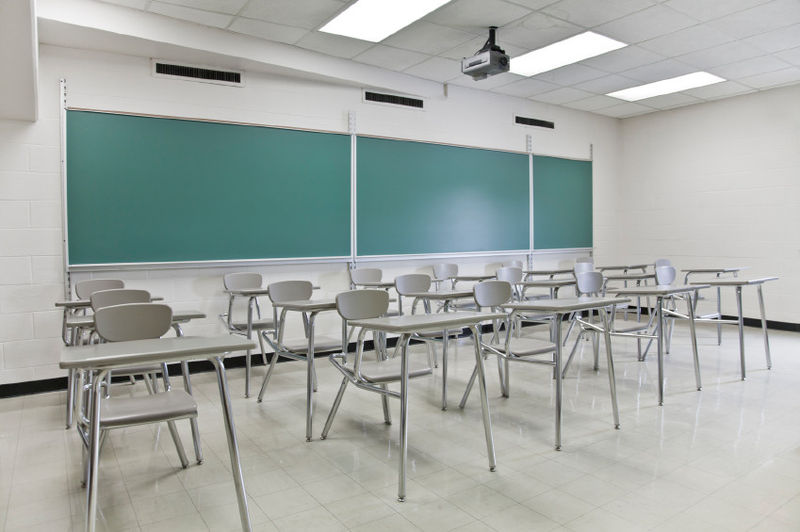Green Gowns judging and the hot topics in education
Iain Patton, CEO at EAUC, talked to representatives from the education, business and sustainability sectors about megatrends in education.
Sustainability is fast becoming the most frequently used term in strategic thinking. You will find it across all sectors and in many guises – call it ‘corporate responsibility’, ‘resilience’, ‘environmental management’, ‘the circular economy’ – it all comes back to creating processes that meets the needs of today without compromising the ability of future generations to meet their own.
What has not yet been realised fully – is how key the education sector is to this. At EAUC, we work with the post-16 education sector to show the value of embedding sustainability across every layer of an institution. To recognise and celebrate good practice and to set the bar for the rest of the sector, we hold the ‘Green Gown Awards’ every year.
Looking for the most innovative and pioneering sustainability initiatives and deciding on the winners is an esteemed panel of almost 100 national and international judges – these are the movers and shakers of the education, business and sustainability worlds. They represent 85 institutions, organisations and businesses, including WWF, United Nations Environment, Universities UK, Marks and Spencer, National Union of Students, Global Alliance Partnership, PwC – among many, many more.
With that professional expertise and experience in the room, we asked them to tell us in their own words: ‘what megatrends should be keeping university and college leaders awake at night’? We asked them to think about this from the university leadership perspective, global sustainability perspective, the business perspective, the student career perspective and even the health perspective. Despite all the differing perspectives – there was consistency in their answers. The vast majority were concerned that graduates were lacking the ‘sustain’ ability. They don’t have the skills to embrace the demands of a portfolio career, job automation and debt on an overpopulated, overheating and resource-depleted planet.
Consistently the discussion and poll focussed on young people leaving post-16 education lacking the real-world employability skills that are a commonality to all careers. Among which should be an understanding of sustainable development. Our recently established Future Business Council, a forum for university and industry executives to meet face to face, confirms that an understanding of sustainable development is usually included in the graduate frameworks that employers use to field job candidates. Representatives from post-16 education similarly confirmed that sustainable development was often not included in the list of attributes they suggest graduates need for optimum employability. There is a disconnect between education and employability and it is a disservice to a generation that have the potential to create the movement of resilience and change needed.
The judges discussed broad ranging issues that impact education and the skills students needed as future leaders to tackle them. They identified issues like mental health, obesity, depleting resources, Brexit and climate change. While there was recognition that many of these issues need specialist knowledge to address them, there was agreement that for change to occur ALL graduates will have a role to play. Therefore they must have a skills base that includes adaptability, resilience, ingenuity, perseverance and an ability to think globally.
Universities and colleges have the power, and the responsibility, to ensure the leaders of tomorrow have the knowledge and skills to address global issues. Understanding sustainable development is no longer a ‘nice to have’, it is a necessity. This, they say, is what should keep the Vice Chancellors and Principals up at night.
But for now, we celebrate those universities and colleges that already do this, with awards such as the Green Gowns – and we hope they raise enough awareness to wake-up those that don’t.











